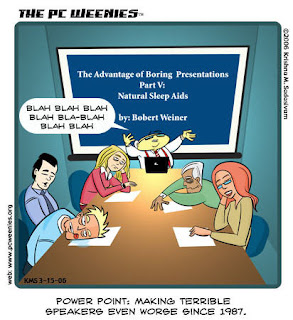
This post is my first attempt to rationalize my understanding of the structure of knowledge. This understanding will provide guidance on what to know, how to know, and why to know a particular subject, especially in self-studying, for I have a tendency to indulge myself in studying whatever I get.
Two observations form the basis of my understanding. First, the volume of knowledge is too huge for any one person to know it all. Second, this vast volume of knowledge is stored in a hierarchical structure. To illustrate the second point, take a look at the table of contents of wikipedia, or simply the disposition of faculties in any comprehensive university, and you will find these three basic divisions: natural science and technology, social science, and arts. And all three major divisions are subdivided into many categories and then subdivided again and again. These divisions and sub-divisions exemplify the hierarchical structure of knowledge.
My first conclusion is that one does NOT NEED to know everything. By everything, I mean every detail of every subject existing on earth. The hierarchical structure of knowledge suggests that a group of details is related to another group of details in the same way. To make an analogy of this point, consider the statement that your uncle's child is your cousin. Whether your cousin is a girl or a boy is an unnecessary detail to determine his/her relationship with you, as long as his/her father is your mother's or father's brother. Knowing more details will give you deeper understanding of a subject. Let us generally state that knowing different levels of details corresponds to different levels of understanding of a particular subject.
Then, in a particular subject, the question what to know becomes the question to which level of details one knows? This question is closely intertwined with the question why to know, which serves as a criterion to eliminate unnecessary details. For example, for general interest, one would take a helicopter view of the subject first to understand its principles before going depth in any of its branches. On the other hand, for the purpose of solving any real-world problem, one needs to identify what is relevant to the problem and must know every possible detail of relevant knowledge.
The process of determining to which level of detail one needs to know is also closely related to the question how to know. Existing knowledge can be obtained through books, journals (both paper and electronic) and direct communication with people who knows, none which is infallible. A good mentor is invaluable for beginners and often largely determined the student’s area of study. However for beginners, it is very hard to judge who is a good mentor and who is not, as it is often the case of judging the quality of a book by only reading the introductory chapter of the book. Peer opinions will give some insights on these matters, but best solution is still hard to find.
The foregoing analysis enables me to address the most practical concern, how to learn things fast. It seems to me that the speed of learning, particularly in self-study, is largely determined by the amount of details one needs to know. Obviously the fewer the details, the faster the learning process. A fair judgment of what levels of detail one needs to know will save you enormous amount of time. (The choice of books, journals and mentors is also critical.)
Therefore, don’t indulge yourself in any seemingly significant details.
Image Credit: http://www.esrf.eu/news/pressreleases/bones/bone-structure.gif













